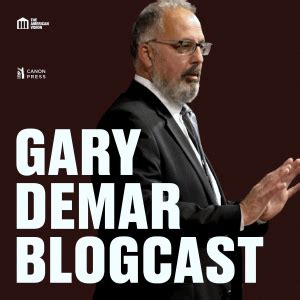A Quote by Jon Meacham
Scripture is not inerrant; believers are called to interpret biblical texts in light of tradition and reason.
Related Quotes
I think evangelicals would do better if they concentrated less on bolstering the formal authority of the Scripture - which I certainly would want to affirm - and more on displaying how biblical texts can shape lives in salutary ways, how they are fruitful texts, how they are texts one can live according to.
How many times have you struggled with the interpretation of certain Biblical texts related to the time of Jesus' return because they did not fit with a preconceived system of eschatology? Russell's Parousia takes the Bible seriously when it tells us of the nearness of Christ's return. Those who claim to interpret the Bible literally, trip over the obvious meaning of these time texts by making Scripture mean the opposite of what it unequivocally declares. Reading Russell is a breath of fresh air in a room filled with smoke and mirror hermeneutics.
Infallible denotes the quality of never deceiving or misleading and so means wholly trustworthy and reliable; inerrant means wholly true. Scripture is termed infallible and inerrant to express the conviction that all its teaching is the utterance of God who cannot lie, whose word, once spoken, abides for ever, and that therefore it may be trusted implicitly.
[T]he scripture worshippers put the writings ahead of God. Instead of interpreting God's actions in nature, for example, they interpret nature in the light of the Scripture. Nature says the rock is billions of years old, but the book says different, so even though men wrote the book, and God made the rock and God gave us minds that have found ways to tell how old it is, we still choose to believe the Scripture.
Archaeology in general is the recovery and study of the material culture of past civilizations. Biblical archaeology is as an application of the science of archaeology to the field of biblical studies. Through the comparison and integration of Scripture with the evidence of history and culture derived from archaeology, new insights into the biblical context of people and events, and sometimes the interpretation of the text itself, are possible. In this way archaeology serves as a necessary tool for biblical exegesis and for apologetic concerns.
We are to believe and follow Christ in all things, including his words about Scripture. And this means that Scripture is to be for us what it was to him: the unique, authoritative, and inerrant Word of God, and not merely a human testimony to Christ, however carefully guided and preserved by God. If the Bible is less than this to us, we are not fully Christ's disciples.
Awarded the Nobel Peace Prize in 1986, Elie Wiesel is also the author of more than 40 books. As relevant as anything to today's discussion are the insights into the Biblical texts that are contained in his lectures and books. They include Messengers of God [1976], Five Biblical Portraits [1978] and his just-published Wise Men and Their Tales - Portraits of Biblical, Talmudic and Hasidic Masters.
It is scripture alone, not conservative Evangelical tradition or any other human authority, that must function as the normative authority for the definition of what we should believe. The authority of the scripture means that all the words in scripture are God's words in such a way that to disbelieve or disobey any word of scripture is to disbelieve or disobey God.
My claim is simply that the literary approach is one necessary way to read and interpret the Bible, an approach that has been unjustifiably neglected. Despite that neglect, the literary approach builds at every turn on what biblical scholars have done to recover the original, intended meaning of the biblical text.
Only the most unapologetic biblical fundamentalists, for instance, take every biblical injunction literally. If we all took all scripture at the same level of authority, then we would be more open to slavery, to the subjugation of women, to wider use of stoning. Jesus himself spoke out frequently against divorce in the strongest of terms.



































